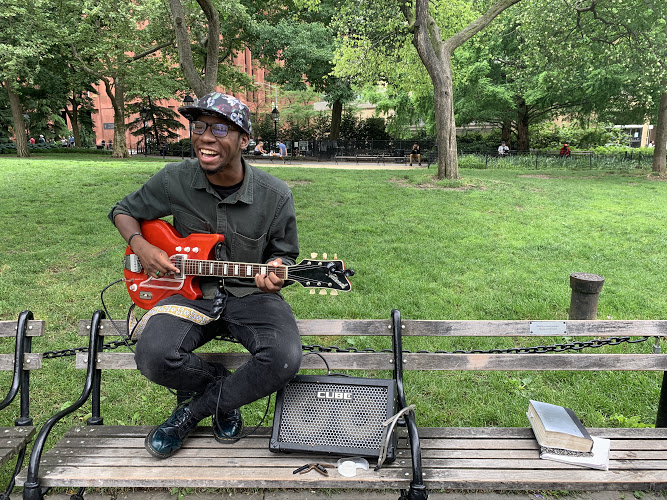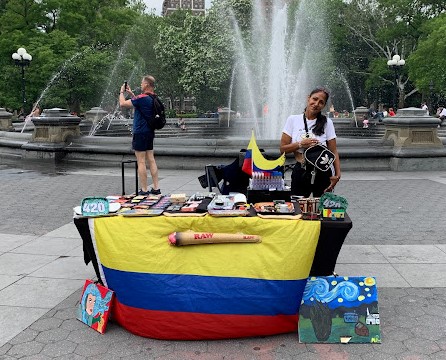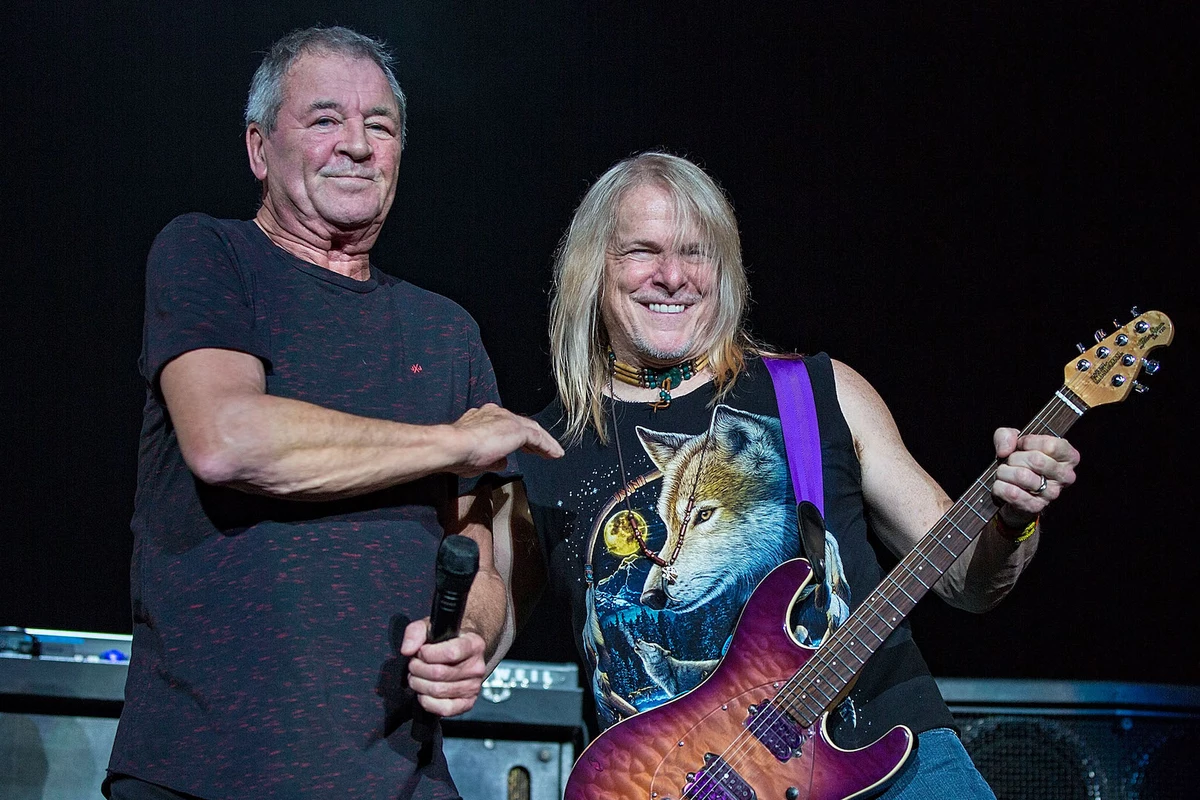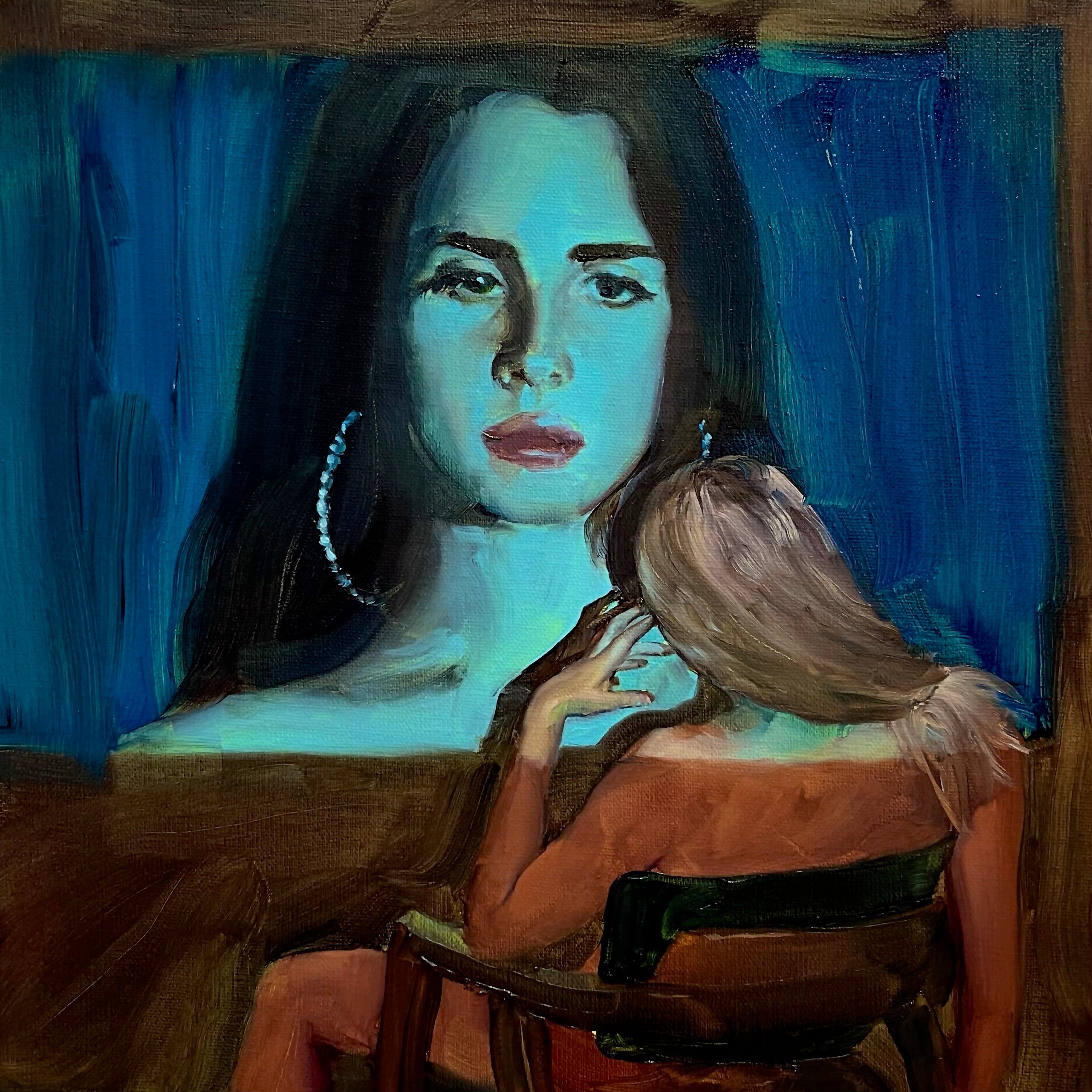Washington Square artists, musicians and vendors try to thrive despite restrictive park rules

BY CARMO MONIZ | Many performers and vendors in Washington Square Park, known for its popularity among artists, students and protesters, struggle to perform and sell legally in the face of park rules. For this year through the end of May, Parks Enforcement Patrol officers issued 40 summons for unauthorized sale in the park, compared to just three for all of last year.
The park’s rules, which were last changed in 2013, state that those selling art, photography, reading material and sculpture – all of which are classified as expressive material – must leave a 12 foot wide lane for pedestrians when setting up their stands in the park. They must also be next to the sidewalk unless they sell at a marked location, although park rules do not designate any of these locations as Washington Square Park.
“Washington Square Park is a bastion of artistic expression. We support expressive material sellers who perform in parks, following long-standing related rules,” said Parks Department press secretary Megan Moriarty. “The first action plan of our PEP officers is to educate park users about our rules; if not followed, the next step would be to issue a subpoena, and only in extremely rare circumstances would we make an arrest. »
Expressive Material Vendors may not occupy a space greater than 8 feet long by 3 feet wide parallel to a path or sidewalk, and their booths must be between 2 and 5 feet high. Vendors must also be more than 5 feet from any park or street furniture – such as benches and light fixtures – and more than 50 feet from public art installations and monuments, including fountains.
The width of Washington Square Park’s walkways, lack of designated outlets, and location of the park’s furniture and art installations, including the fountain near its center, prevent vendors from setting up shop legally. In addition to the potential consequences of a subpoena and arrest, performers and vendors who violate park rules must pay a civil fine, which may be recovered through proceedings with the Office of Lawsuits. and Administrative Hearings aka OATH.
Sellers of expressive material can face penalties ranging from $500 to $750, and the penalty is the same for music or noise not licensed for commercial purposes. Aaron Gamman, who has been playing guitar at the park for three years, said he was shut down and threatened to confiscate his guitar and be arrested by park authorities.
“It feels like a little war between the people who frequent the park and the authorities, and it’s so strange what they’re choosing to settle on – what’s going to make the park better – because right now they’re really focused on amplification, no amps at all, because they don’t want noise complaints,” Gamman said. “I’ve been here three years and there’s so many people overdosing and dying there and in the toilets, but they choose to harass a group of artists and musicians on behalf of which they will look like they are doing well.”
In several other major parks, such as Central Park, Battery Park, and Union Square Park, there are designated spots—marked with medallions—at which sellers of expressive materials are permitted to sell. In Central Park, there are also additional areas that do not require selling at a designated location. In Washington Square Park, however, the absence of these inset-marked spots forces vendors to work with limited space due to distance regulations.
In 2010, Robert Lederman, the founder of Artists’ Response to Illegal State Tactics (ARTIST), sued the city’s Department of Parks and Recreation over the rules, arguing that they were unconstitutional because they were based on content – as in, substance-based. what was communicated by the sellers. In 2013, however, the United States Court of Appeals, Second Circuit, ruled that the settlements were constitutional, allowing them to stand.
“The city council could make a new law,” Lederman said. “They definitely won’t because they’ve handed the parks over to all park reserves. The parks department could make a new law, but they certainly won’t: their whole plan is to turn every park into a park preserve and wash their hands of it all.
Lederman criticized the Washington Square Park Conservancy for attempting to control the park.
“This conservation violates the whole spirit of what a public park is,” he said. “They’re trying to put on their own shows, their own performances, their own everything there – it’s about a handful of wealthy people who live near the park.”

A Gothamist report in late March found that members of the Washington Square Park Conservancy, which isn’t supposed to be involved in event planning, politics or creation, called for some events to be eliminated from the park. and the authorization of private programs in public. the spaces. The same report revealed that the park administration had consulted with the group in a decision to block off the drug-ridden northwest corner of the park and set aside it for conservation programs.
Lederman also said the inconsistent enforcement of park regulations confuses artists and vendors in terms of what they can and cannot do, and that enforcement depends on reports from others who occupy the park.
“There could be 500 vendors in a park, but if no one complains, nothing will happen,” he noted. “So there’s no consistency in the way the enforcement is done, and it actually encourages sellers, artists, performers, to ignore the rules because the rules are enforced so sporadically. You could be in Washington Square Park for a month, breaking every park rule, and nothing will happen to you — and then all of a sudden, every day, you’ll get a summons or get arrested.
Anyone in the park selling non-expressive goods needs a sales permit from the Department of Parks. Those found selling without a license can face a fine of up to $375 for having a stall and up to an additional $375 for illegal selling, with the fine for illegal selling increasing to $500 to $750 for a subsequent violation in the year. The sale of marijuana and alcohol is also prohibited in the park, although some vendors do sell it.
“I don’t want to be the target of the cops. You have to respect them when they come and tell you, ‘Listen to the day you can’t work’ – so go away, you can still make money tomorrow,” said Innddia Rojas, who has been selling at the park for two months. “Half the people who didn’t leave yesterday, today they’re going to bother them because they got up, they didn’t follow orders. When you want to do something, especially if you know you’re not legal, the only thing you have to do is follow certain orders and you’ll be under the radar.
Lederman added that the park’s history of free expression contributes to the ability of artists and vendors to stay there despite regulations.
“You can talk to people in China, Japan, Korea, Africa, they all know Washington Square Park. They know what happened there, they know Bob Dylan played there,” Lederman said. “If the city tried to get rid of everyone there, there would just be a massive outcry and it would probably lead to a politician resigning. That’s why they left what was going on there – but then again, none of this is legal under park rules.







